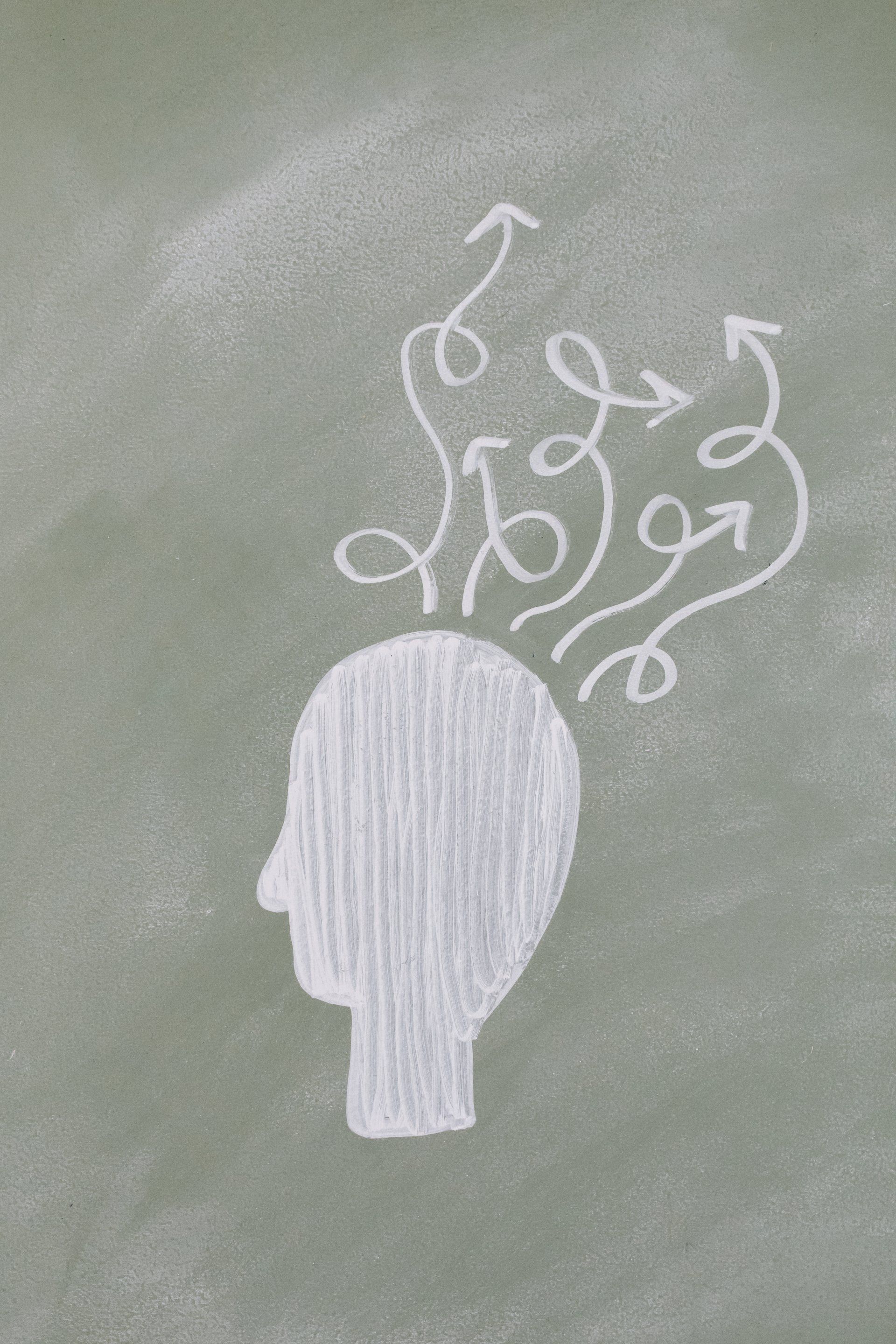Mental Notes
by MindMelody, PLLC.
Relationship Woes: Navigating Heartache

What do you do when the one you love suddenly stops loving you back? Many of us have been there. At first it seems that the relationship was everything that you could hope for. This person sees you, gets you, and just outright makes you feel like you’re the most important human on earth. Then seemingly out of the blue, everything changes. They stop responding to your messages, and phone calls. Much like an apparition, they’ve disappeared into thin air. Your pleas for understanding go ignored. Perhaps they gave you a reason for the abrupt ending. Perhaps they didn’t. You can’t begin to wrap your mind around the reality, and just like that, the relationship is officially over.
The aftereffects leave you restless, agitated and in a habitual pattern of self-loathing behaviors. Maybe sleep becomes elusive and your appetite has been impaired. Maybe you see their face in your dreams, and your head aches upon waking. Maybe your stomach is in knots and even the automatic act of breathing causes body aches. Day after day, incessant tears flow from your weary eyes.
You’ve tried your best to pick up the pieces and move on. The trial and error of each day prove to be more than your poor heart can handle. The memories of your shattered love replay like endless movies, over and over in your mind. It seems impossible to escape the countless recollections of frequented and enchanted evenings out, or sweet and tender mornings in. The situation is surreal as reality begins to set in. The physiological response to a broken heart may make you feel as though this incessant pain will never cease.
The psychological tricks that the mind might begin to play may have you believing that this was your last chance, and you will never love again. Perhaps you’ve found yourself retracing your mental steps, assessing every detail of that last month, week, or day to determine if there was something that you could have done differently. Was there one small thing that you could have said that might have changed the trajectory of this emotional tragedy?
If you’ve found yourself in the depths of this valley, then the truth of it all is that you’ve officially entered a place of grieving. Some may not associate the loss of a relationship due to a breakup as one that requires the same level of care and attention as the physical loss of a person due to death. However, a loss is a loss. Whether you’re saying goodbye to a beloved pet, a job where you’ve invested time and effort, a bonded friendship, or the love of your life, emotional pain may still manifest.
World renown Swiss psychiatrist Elisabeth Kübler-Ross created the grieving model commonly referenced as "The Five Stages of Grief"(Kessler, 2013). The stages are Denial, Anger, Bargaining, Depression and Acceptance. Each person reacts to loss in their own individual way. They may experience the stages in a variety of ways. Yet, it is still imperative that one allows themselves to do just that, “experience the stages.” Some may try to numb their emotional pain, which can often lead to maladaptive behaviors such as addiction and codependency.
Please note there isn’t a magic cure for ridding yourself of heartache and the grief that follows. For many, it is only a matter of time before the heart is broken. However, being broken does not mean that in time you won't heal. Your experiences and feelings in the moment may be quite real but know that our reality is often distorted whenever our emotional self takes over our logical brain. Understand, nothing lasts forever. Not heartache, not even a state of happiness. Everything must change. No one state of anything, good or bad remains constant day after day forever. Even though our initial reaction to a shockwave of a situation may cause us to believe all sort of things, it does not mean that even the bleakest situation can’t be improved- with time and effort.
Here are a few practical tips for navigating this complex season of your life:
- Don’t isolate yourself
- Connecting with those that are supportive of you such as friends, family, and co-workers will help to improve your overall wellbeing.
- Acknowledge your feelings
- Talk about what you’re feeling, write them down, or consider creating a video journal each day.
- Discover something to look forward to
- Identify important dates, events, or goals that you would like to obtain.
- Rest
- But don’t sleep too much. Do your best to maintain a normal sleep routine each night. Get out of and make your bed each morning (even when you don’t want to).
- Get moving
- Daily movement, even short walks are beneficial to your mind, body, and spirit.
- Keep trying
- Some days might be better than others, but each day you choose to move forward you grow just a little stronger within.
- If you need to, seek out professional help
- Connect with a counselor or therapist to help you process your feelings and find healthy ways to cope with the change
If you are ready to start moving towards inward healing, ask yourself, “Where will I begin today?” If you are not ready, ask yourself, “What is holding me back?”
Good Read Recommendation: The Grief Recovery Handbook by John W. James available on Amazon.com.
Sources: Kessler, D. (2013). Five Stages of Grief by Elisabeth Kubler Ross & David Kessler. Grief.com. https://grief.com/the-five-stages-of-grief/
Disclaimer: As an Amazon Associate, I earn from qualifying purchases.



